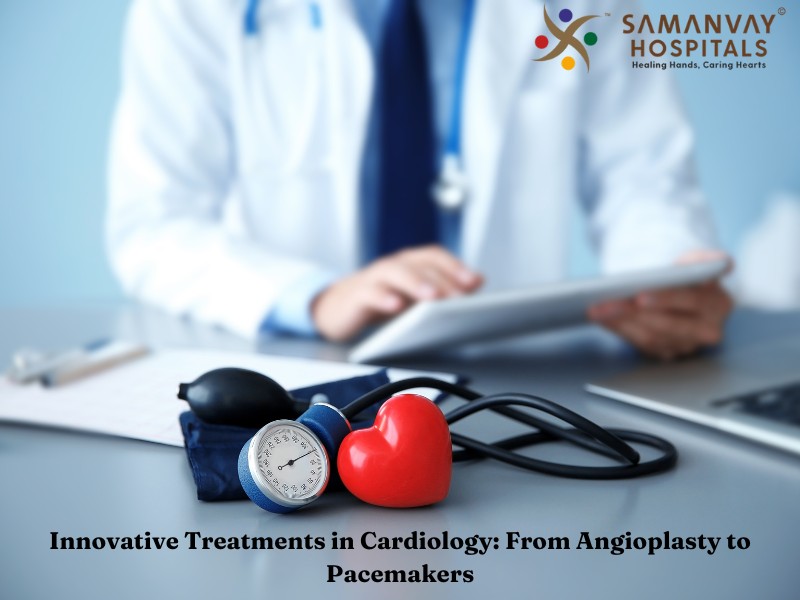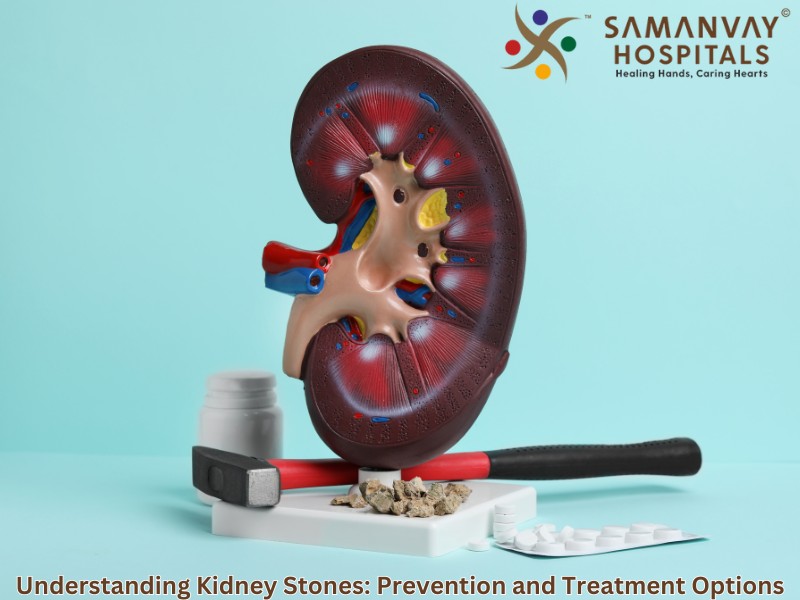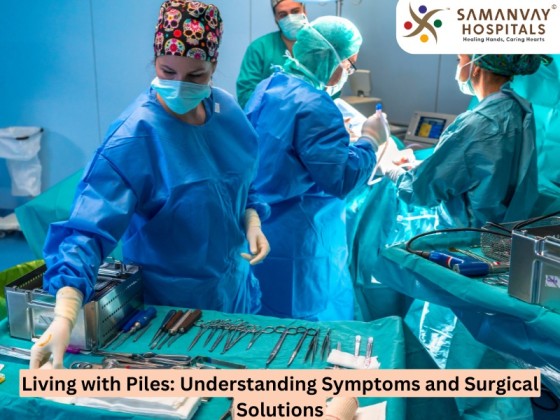
Cardiology has become one of the most prominent fields of medicine within the last two or three decades. These developments did save a few lives and provided a better quality of living life. Modern treatment in cardiology, today, is very innovative and boasts of treatments like angioplasty and pacemakers.
Angioplasty: Getting the Opened Blocked Arteries
The most commonly performed procedure in cardiology is angioplasty. The general procedure of this usually includes the opening of either blocked or narrowed arteries by using a small balloon. This procedure improves the chances of proper blood flow into the heart, thus reducing attacks. The procedure proves to be minimally invasive, thereby yielding rapid recovery.
Angioplasty is usually accompanied by a stent. A stent refers to an intraluminal stent, meaning it is an intraluminal device left inside an artery following an angioplasty that maintains an artery open. Therefore, the next time around, the blood flows freely, and the patient is back to their normal life sooner.
Pacemakers: Regulating Heartbeats
A pacemaker is a small device placed inside the chest to regulate abnormal heart rhythms. It is highly useful for those patients who suffer from irregular heartbeats or bradycardia. Therefore, it is a small device which sends electrical pulses to the heart to ensure the normal beats, but it is also a lifesaver to those people who are prone to heart failure.
More importantly, the technology in pacemakers has been developed to make a device so much smaller and efficient. The modern pacemakers come embedded with sensors which can regularize heartbeats based on the body’s requirements. Thus, it provides patients with a more naturalised and comfortable experience.
Valve Replacement: Improving Heart Function
Valve replacement surgery is another innovative treatment in cardiology. Heart valves ensure that blood flows in the right direction through the heart. However, if the valves become damaged, then it brings about serious health problems. In such cases, the only option possible is valve replacement surgery.
Valve replacement can now be carried out through minimally invasive techniques. This means that the interventions are made with the help of smaller incisions, ensuring quicker recovery and reduced possibilities of infection. Additionally, the artificial valves implanted today are longer-lasting compared to those used some time back. Overall, these advancements tend to offer a better quality of life for the patient.
Cardiac Catheterization: Diagnosing Heart Conditions
Cardiac catheterization is considered one of the most vital diagnostic tools applied in cardiology. It involves the insertion of a long, flexible tube inside the heart through the blood vessels. In this manner, doctors can determine just how the heart functions and whether there is a blockage. It’s a minimally invasive procedure. Therefore, it is very informative.
It is used for diagnosis but also this technique can be used for treatment. As an example, an angioplasty or stenting procedure is very much applicable to this technique. Therefore nowadays, it is applied as a tool for diagnostics as well as treatment in modern cardiology.
The Role of ICU Services in Cardiology
Timely intervention is the need of the hour when it comes to heart emergencies. Here is where ICU services in Baroda come in. Intensive care units offer 24-hour monitoring and treatment for critical cardiac diseases. Therefore, one would require the ICU during those surgeries that are quite major, such as transplant, or bypass surgeries.
Added to these is the 24×7 emergency ICU services available, which ensures patients immediately receive attention. Early intervention has significant implications for higher survival rates and fewer complications.
Internal Medicine Specialists and Cardiovascular Health
Cardiology frequently requires collaboration with other specialists. The doctors of Internal medicine specialist Baroda work in an integrated way with cardiologists to treat heart disease. They treat the cause or the underlying disease state, such as diabetes and hypertension, that might be affecting the patient’s heart health. Their role in preventive care cannot go unnoticed either.
Furthermore, internal physicians also manage and address risk factors that include high cholesterol levels. This way, comprehensive care for heart disease patients is guaranteed. It also leads to early diagnosis and treatment of cardiovascular diseases.
Innovations in Non-Invasive Cardiac Imaging
Imaging technologies in cardiology have revolutionised its entire process. Methods like echocardiograms, CT scans, and MRIs give detailed images of the heart. These are painless and do not require surgical intrusion; therefore, they are safe and convenient.
Advanced imaging also helps in the early detection of heart diseases. One can look at blocked arteries, damaged heart valves, and so on, without any invasive procedure. Thus, they can be treated in time, and the results would be better than earlier. Therefore, it seems that the technique of non-invasive imaging is a game-changer for modern cardiology.
The Future of Cardiology
The future of cardiology looks good with continuous innovations. For example, new technologies such as stem cell therapy are under research to repair damaged heart tissue. Then there are wearable devices on the horizon to record and translate heart conditions in real time.
Artificial intelligence is being incorporated into cardiology. It can help physicians analyse complex data for proper diagnosis and ensure their reports are not erroneous. Additionally, it can also predict whether there will be some heart issues before they become critical. As these technologies continue to evolve, the field of cardiology will expand.
Why Choose the Best Hospital for Cardiology?
The most excellent aspect of choosing the best hospital for cardiology is that it offers optimal care. Reputed hospitals always have superior treatments, state-of-the-art technology, and experienced specialists. Personalised care and better medical outcomes are achieved.
Moreover, Integrated ICU support for a hospital ensures prompt emergency services. A well-coordinated response from multiple departments lets the treatment take place on time. So, proper selection of any one of these well-reputed hospitals makes treatment for heart-related conditions all the difference.
Conclusion
Indeed, innovations in cardiology are changing the treatment of heart diseases. From angioplasty to pacemakers, such advancements bring hope to millions. More than that, intensive care services and coordination with internal medicine specialists help complete a holistic approach to treatment.
Technology will only progress with time, so cardiology will not be left behind. But choose the right hospital if you want to get better. The proper treatment will keep patients healthier and happier.



